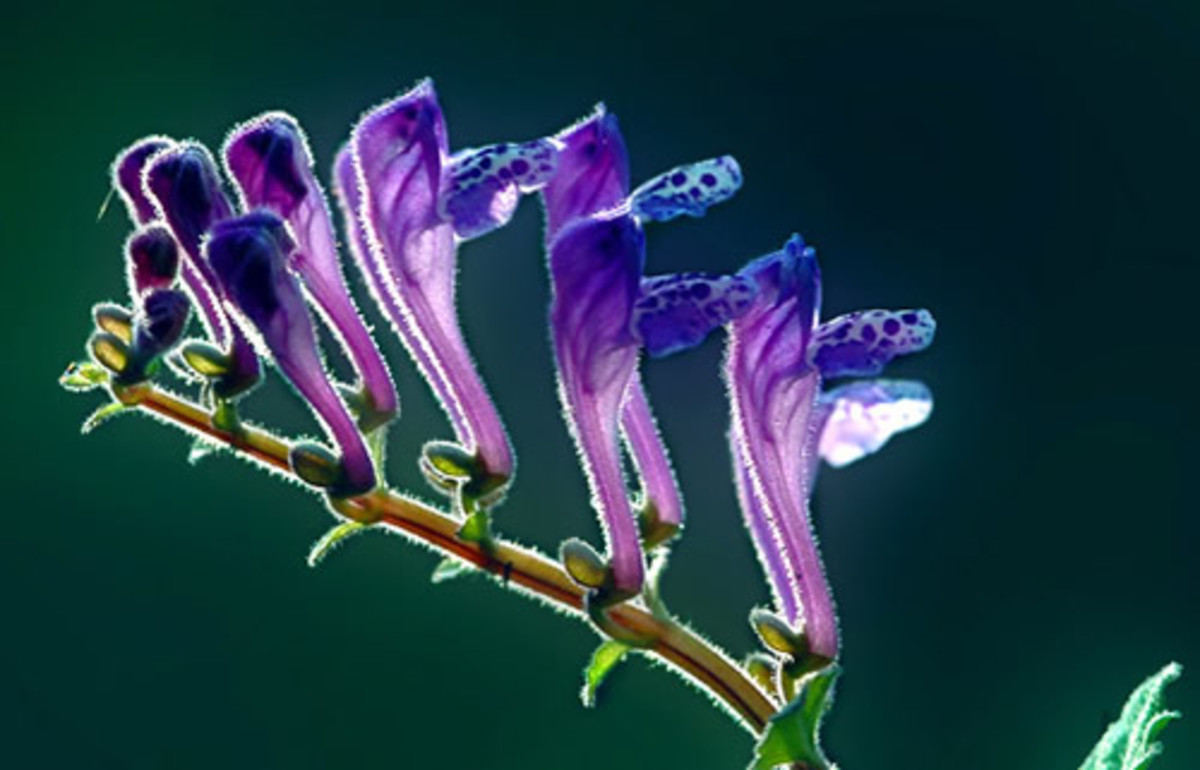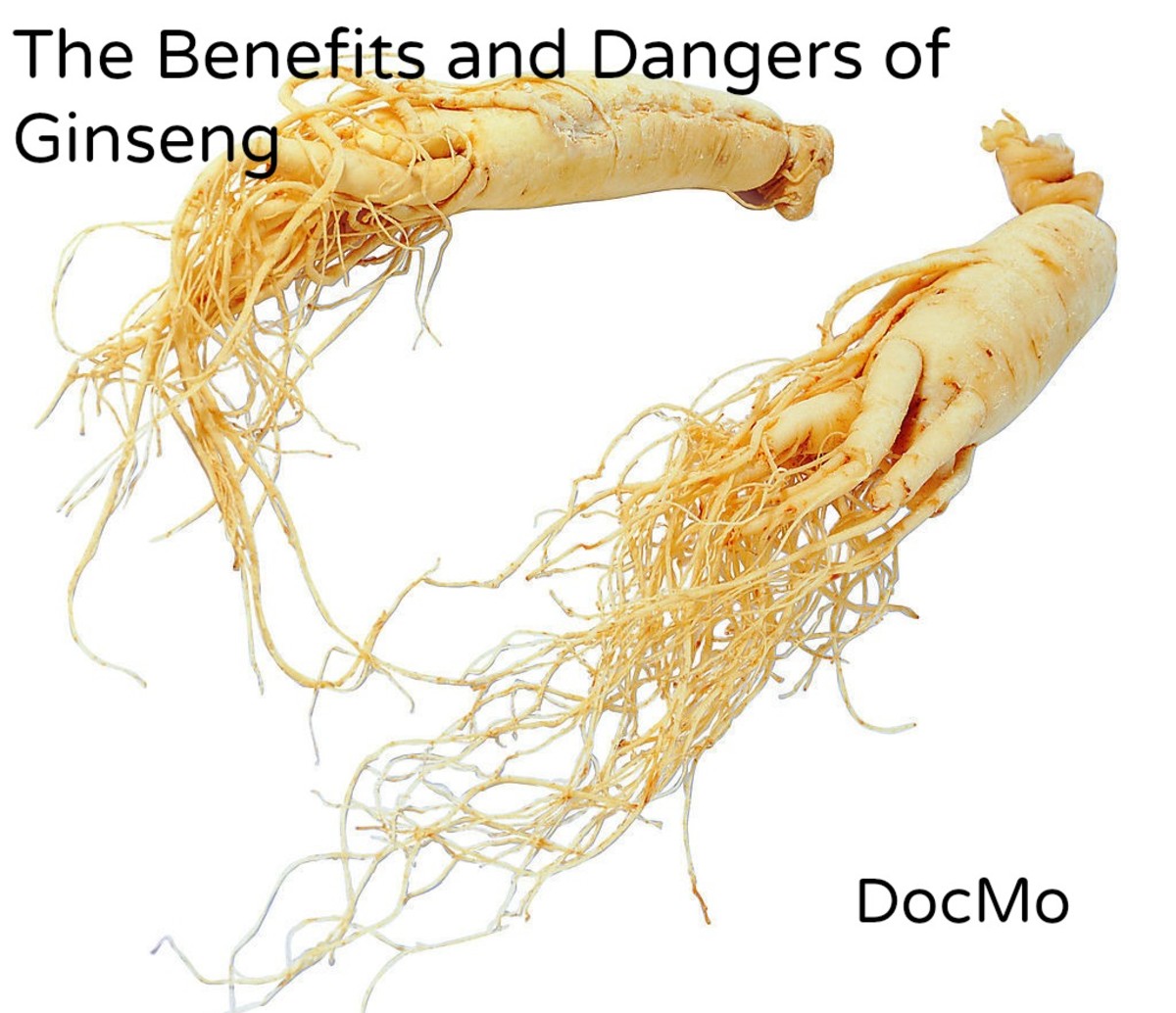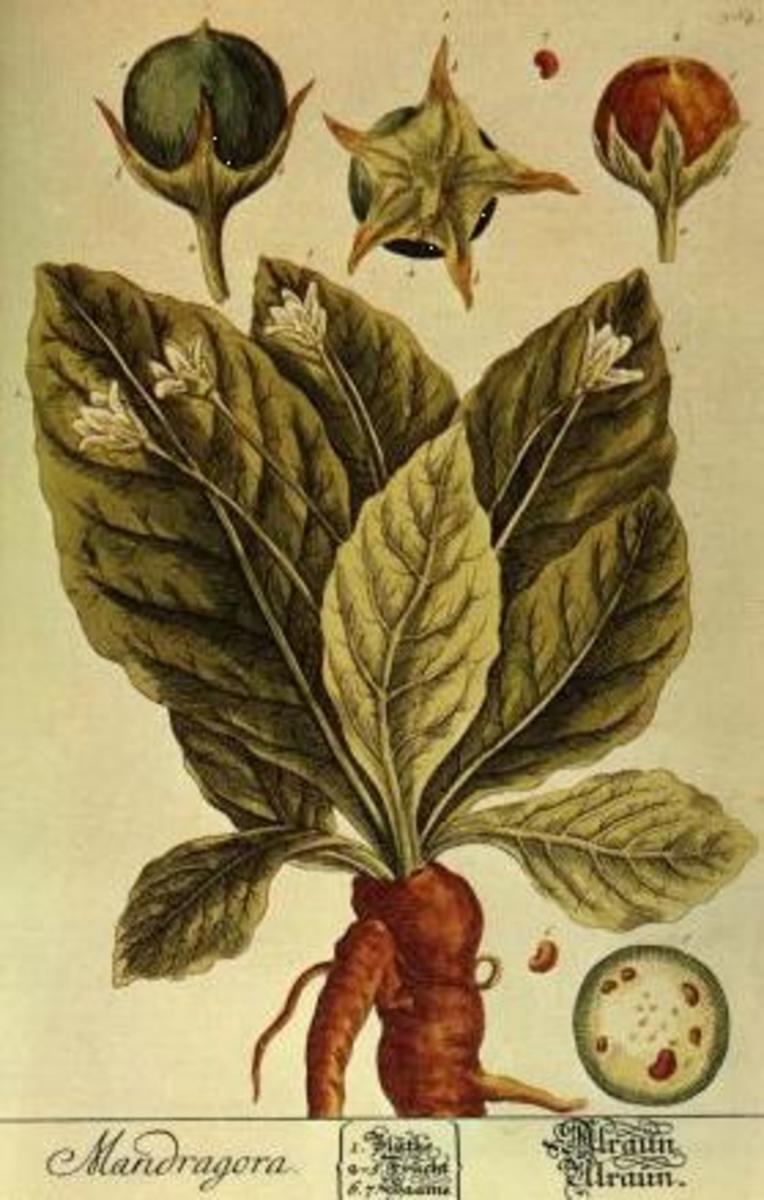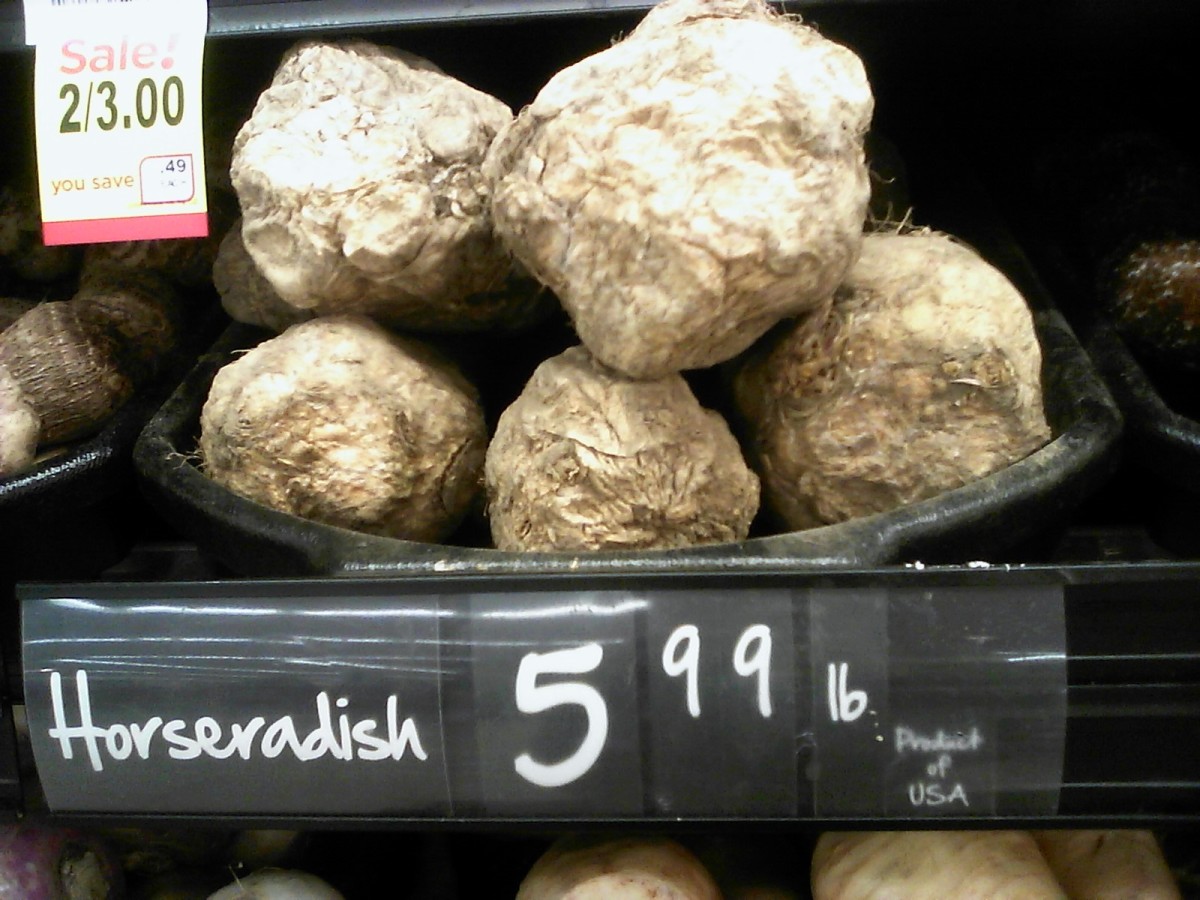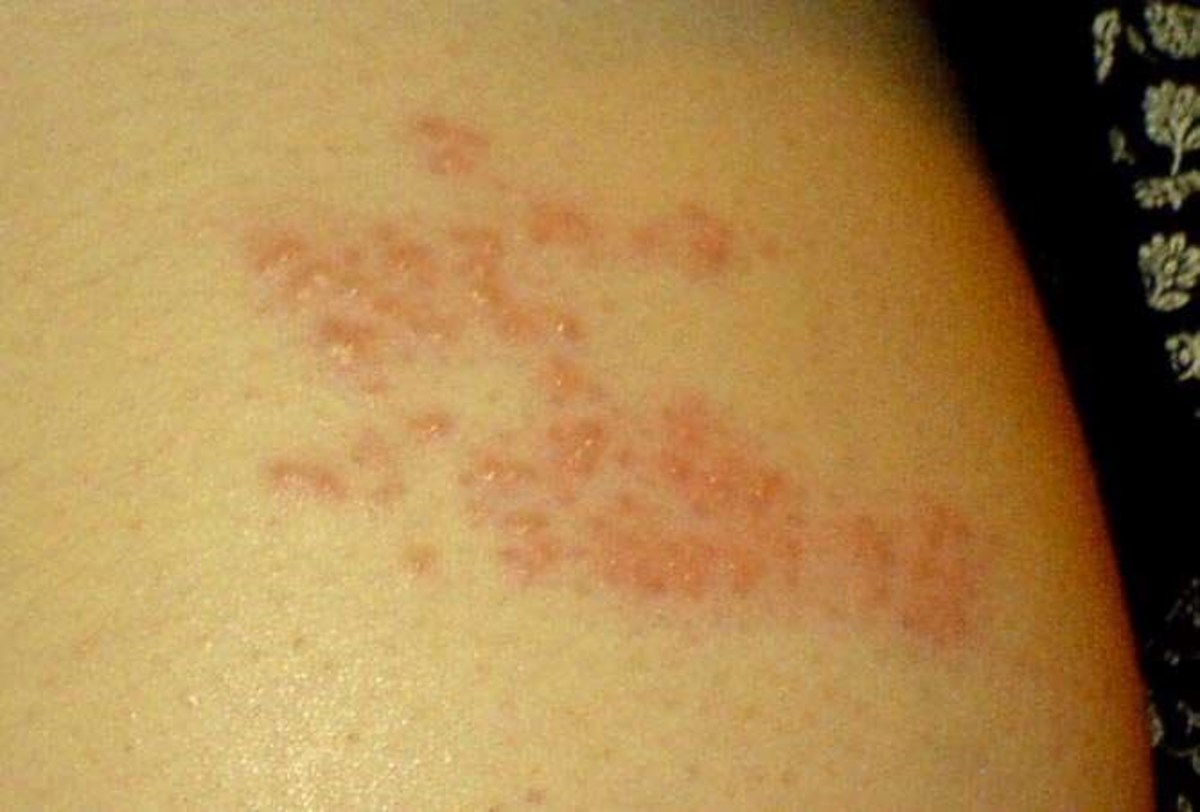Poke Root
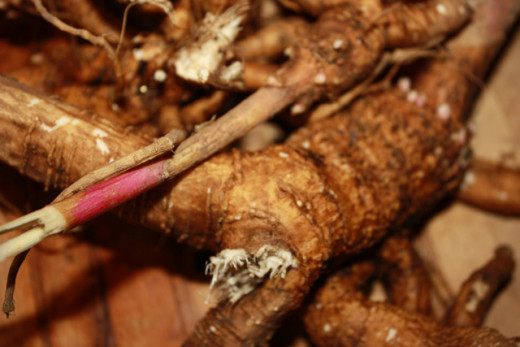
Phytoloacca americana
Native Americans on the east coast have used Poke Root in their remedies. The natives in Delaware used it as a stimulant for the heart and it was use in Virginia area as a purgative. Eventually in the 19th century it made its way to Europe, where the dried root was used as a lymphatic cleanser.
Externally, the root can be made into a poultice and used for skin infections such as psoriasis, scabies, ringworm and can also be used as a poultice for inflamed joins, ulcers and even hemorrhoids.
The root acts as a purgative, emetic (induces vomiting), can reduce phlegm, act as an anti rheumatic, immune stimulant, mild analgesic (pain reliever) and anti inflammatory. According to Priest and Priest, it is effective for chronic rheumatism, neuralgia (spasmodic pain due to damaged nerve), lumbago (pain in the lumbar portion of the spine), arthritis, parotitis (inflamed gland called the parotid in the ear), tonsillitis, enlarged lymph nodes, mastitis (inflamed breast), orchitis (inflamed testies), and enlarged thyroid. It is also effected when added to other remedies which are used to stimulate the liver.
When using poke root, be sure to avoid exceeding the advised dosage as it is a very strong purgative and will induce vomiting. When taking as a tincture, only .25 ml is needed three times throughout the day. If using poke root in a decoction, use only a quarter of a teaspoon is needed of the root in one cup of water, which should be brought to a boil and reduced to simmer for ten to fifteen minutes. Sip at this three times throughout the day. When using in a lotion, add tincture or powder which has been diluted in water for lymphatic swelling.
Caution is advised as the fresh plant and berries are toxic, as are the dried berries when not applied appropriately. It is strongly advised that the plant itself should not be grown in a garden to which children have access. It should also be avoided during pregnancy as it has the potential to cause fetal abnormalities.
As always, be sure to check with your general practitioner before exploring new herbal remedies, especially if you are already taking medications.

